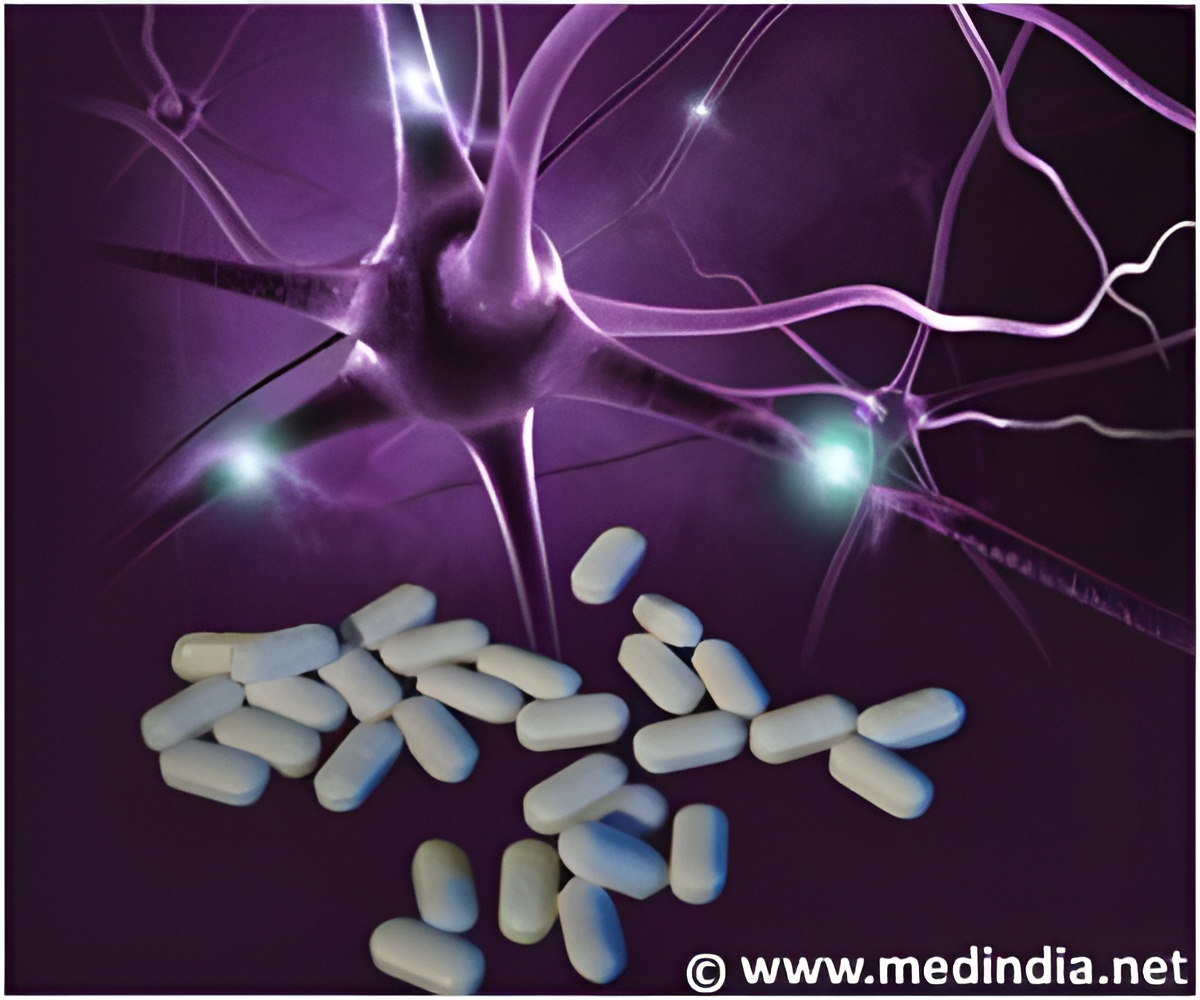Phenformin may have structural and therapeutic advantages over its sister compound metformin for future cancer treatment.

‘Phenformin shows more metabolic and pharmacologic potential compared to metformin, and its toxicity is lower than some present chemotherapies.’
Read More..




Metformin was approved by the U.S. Food and Drug Administration in 1995 and has since become the most prescribed drug for diabetes in the United States.Read More..
Phenformin was started prescribing for type 2 diabetes in the 1950s but was withdrawn from use in the late 1970s due lactic acidosis.
Preclinical studies have demonstrated that both forms of biguanides possess anti-tumor activity, spurring efforts to repurpose them for cancer prevention and treatment.
"While the outcomes of various clinical studies of metformin in cancer patients have been underwhelming, research from our laboratory and others suggests that phenformin may have greater potential, particularly in combination with immunotherapies," says Bin Zheng, PhD, the study's senior author and an investigator in the Cutaneous Biology Research Center at MGH.
"We have found, for example, that phenformin, but not metformin, enhances the efficacy of BRAF inhibitors in suppressing the proliferation of BRAF-mutant melanoma cells and BRAF-driven tumor growth in animal models." BRAF mutations are changes in cellular DNA that are found in about half of all melanomas.
Advertisement
"If the safety of phenformin is confirmed in this trial, combinations of phenformin with targeted immunotherapies such as anti-PD-1 (programmed cell death 1 antibodies, which stimulate anti-tumor immunity) could be explored for patients with various types of solid tumors," says Zheng.
Advertisement
The MGH team noted that gut microbiota - the trillions of cells, including bacteria, viruses and fungi, that reside in the gut and are vital to normal health - could play a key role.
Biguanides may affect the anti-tumor efficacy of therapies by modulating gut microbiota, in the same way metformin may lower blood glucose levels in diabetes patients in part by interacting with the microbiome.
"Scientists have shown a tremendous interest in biguanides as potential anti-cancer agents, and we believe our work will help the field to focus on the most promising ways forward, particularly phenformin," says Zheng.
"Phenformin demonstrates more metabolic and pharmacologic potential than metformin, and its toxicity, which might be a problem for certain people with diabetes, is actually lower than some current chemotherapies."
Source-Medindia












